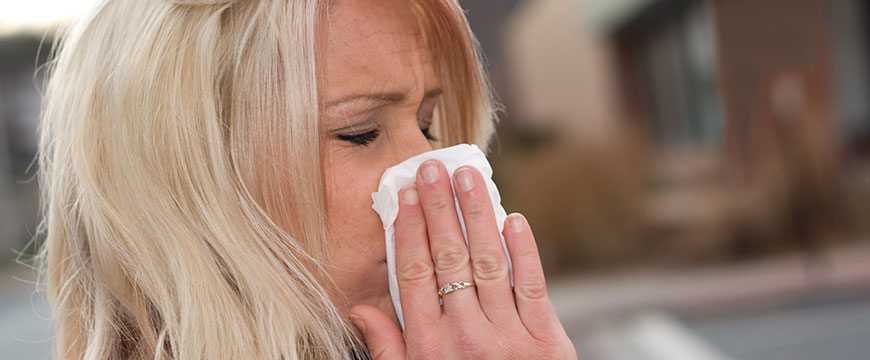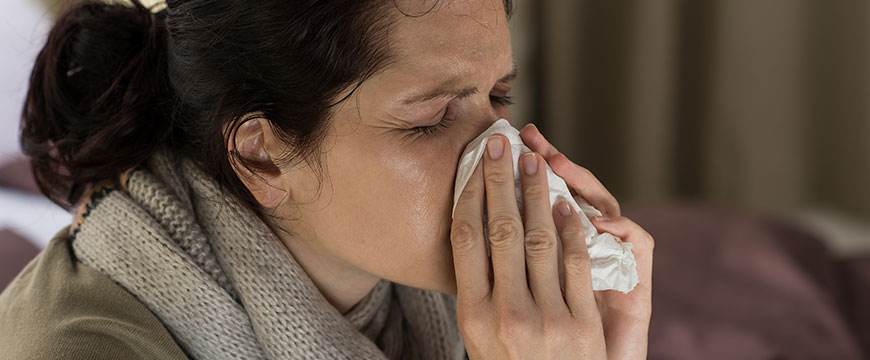
At one point in our lives, we have experienced itchy and bumps on the skin that we couldn’t tell the cause. Hives and skin allergy are as a result of an allergic reaction to something ingested or that comes into contact with our skin. They can result from a drug allergy, food allergy or stress. The allergic reaction can happen to anyone and at any age. It’s Therefore paramount to understand how to deal with the allergy. In case you experience any severe allergic reactions ensure you visit your allergy doctor.
Natural Remedies to ease Hives and skin Allergy
- Skin Massage
Massage the affected areas with coconut oil twice a day. Coconut oil has moisturizing properties and antimicrobial properties that will ensure your skin is protected from any bacterial and fungal infection and also relieves the itching. Ensure that the coconut oil is not refined as this is likely to cause the allergic reaction to worsening.
The second option to you can use to massage using baking soda paste. Mix baking soda and water and massage the paste over your skin and leave it to dry. After drying clean up and repeat this twice a day. Baking soda is alkaline, and that soothes the skin reducing the allergic reaction.
The third Option to use for a massage is aloe vera gel. Take an aloe vera lea and squeeze out the gel and apply on the area where you are itching. Leave it on your skin for some time and then clean it up. Aloe vera accelerates the healing process as it has glucomannans that reduce the itching quickly
- Taking a Bath
Take a cold bath in ground oatmeal. Soak in the bath for a while once a day. The cold bath will shrink the skin pores and ease discomfort. Oatmeal has anti-inflammatory and antioxidants properties.
- Drinks that ease the allergens
Mix one teaspoonful of turmeric with water and drink twice a day. You can also make a turmeric paste and apply on the affected areas. Turmeric has curcumin which has anti-inflammatory, antioxidant and antihistamine abilities thereby easing your allergy.
Drinking two to three cups of green tea will reduce inflammation on your skin. Green tea mixed with a little honey has antioxidants and antihistamine properties which ease the allergic reaction.
A Mixture of ginger and honey will eliminate the itching and purifies your blood. The mixture also has anti-inflammatory properties that the reduce the effect of the allergens.
Symptoms to look out for before taking the natural remedy
- Itching
- Skin swelling and bumps on the skins
- Welts on the skin that are red
If you experience the above symptoms for more than six weeks, then you need to see an allergist as this is considered chronic hives and skin allergy. It’s important to state that if the home remedy doesn’t relieve your symptoms visit your allergist Burke VA immediately.


